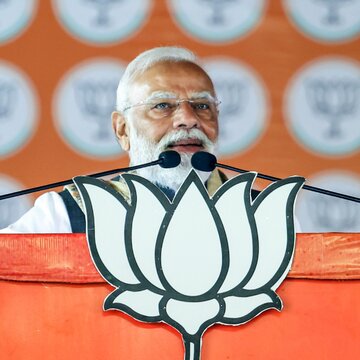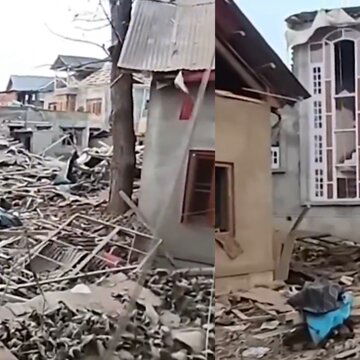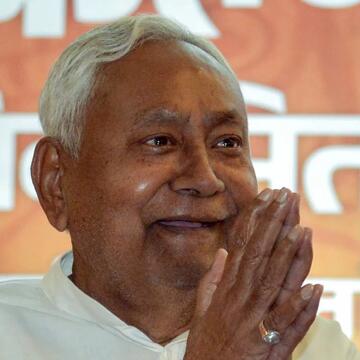Terrorist activities are once again on the rise in the Union Territory of Jammu and Kashmir. Indian intelligence agencies described the situation as highly alarming. India had retaliated for the Pahalgam attack under Operation Sindoor that had delivered a heavy blow to Pakistani terrorists. It has now been six months since that operation. This time, terrorists are believed to have regrouped according to intelligence sources. Intelligence reports indicated that the terrorist groups, including Lashkar-e-Taiba and Jaish-e-Mohammed, are now coordinating a completely new type of combined attack.
Indian intelligence officials said infiltration along the LoC and military supplies across the border, including weapons and ammunition, have increased manifold since September. Several teams of LeT and JeM have infiltrated Jammu and Kashmir with the help of Pakistan's SSG commandoes and ISI operatives.
Also Read | Gallantry Awards 2025: Operation Sindoor heroes honoured as Centre releases gazette listing
Sources said a branch of LeT, led by a dreaded commander named Shamsher, is tracing the LoC using drones. They are identifying vulnerable points along the borderline.
This heightens the possibility that there could be suicide-style attacks or large-scale weapon drops in parts of Jammu and Kashmir in the coming weeks. Besides, intelligence agencies said the BAT, comprising former SSG commandos and terrorists, has been redeployed in Pakistan-occupied Kashmir. This has also been interpreted as a possible signal for strikes along India's borders.
Also Read | DRDO inks 12 technology-transfer deals with industry partners under “Make in India” push
Intelligence sources further revealed that in October last year, a high-level meeting was held in PoK with the leadership of Jamaat-e-Islami, Hizbul Mujahideen, and ISI, where plans were finalised to revive the dormant terrorist cells and to take revenge for ‘Operation Sindur.’ ISI handlers have reportedly issued instructions to carry out “retaliatory attacks” against Indian security forces and political leaders.
This intelligence has been given the highest priority in New Delhi. Security agencies in the Northern Command sector are on high alert. Analysts fear that this new wave of Pakistani aggression could mark the beginning of prolonged terrorist activity in Jammu and Kashmir once again.











